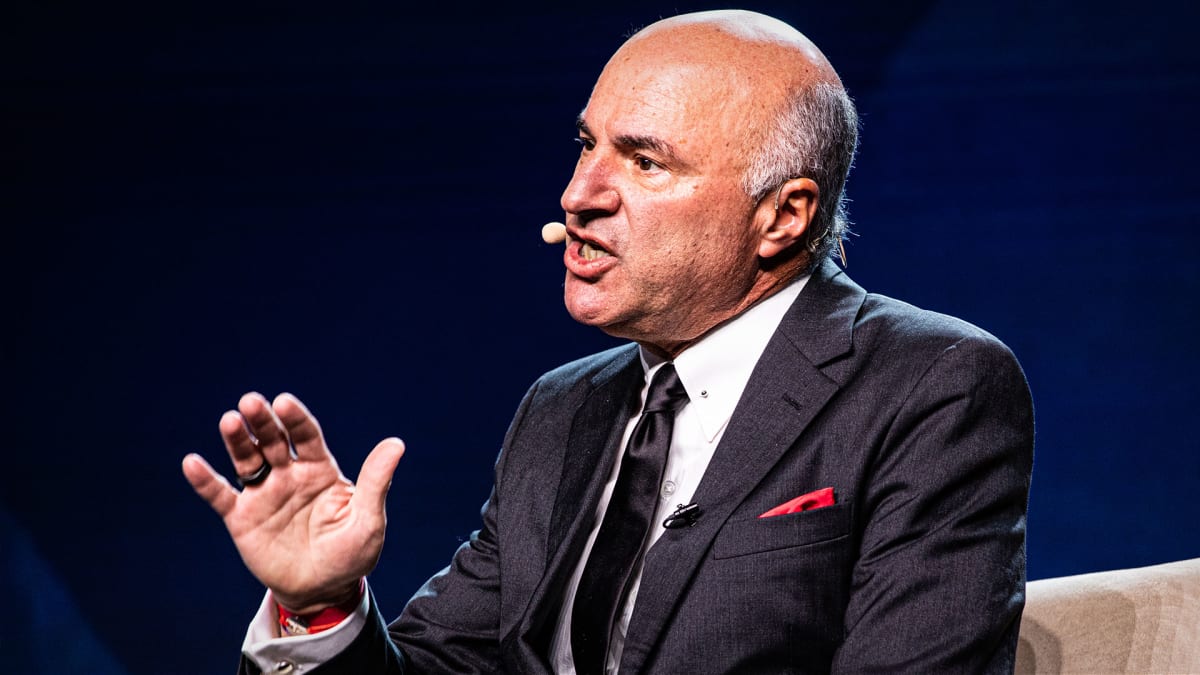
Coinbase woke up in a nightmare on Jun. 6.
The U.S. Securities and Exchange Commission (SEC) filed a complaint, alleging that Coinbase (COIN) was operating illegally, because since 2019 it has been "an unregistered national securities exchange, broker, and clearing agency."
The Wall Street regulator also charged Coinbase "for failing to register the offer and sale of its crypto asset staking-as-a-service program," according to a statement.
The regulator, which filed the lawsuit in the U.S. District Court for the Southern District of New York, is seeking injunctive relief, disgorgement of ill-gotten gains plus interest, penalties, and other equitable relief.
The feud between the SEC and Coinbase revolves around two points: Is a cryptocurrency a security? And what about the staking service? For the SEC, they are both securities.
A security is, according to the agency, "an investment of money, in a common enterprise, with a reasonable expectation of profit derived from the efforts of others.”
As a result, any coin except bitcoin is a security, according to the SEC.
The complaint is an escalation in the standoff between regulators and the crypto industry for several months now. Coinbase, one of the few public listed exchanges for buying and selling cryptocurrencies, wants to be the voice of the crypto space in this fight.
"Regarding the SEC complaint against us today, we're proud to represent the industry in court to finally get some clarity around crypto rules," Coinbase's CEO Brian Armstrong reacted on Twitter. "Instead of publishing a clear rule book, the SEC has taken a regulation by enforcement approach that is harming America. So if we need to avail ourselves of the courts to get clarity, so be it."
But for hit tv show 'Shark Tank' Kevin O'Leary, Armstrong's strategy is costing shareholders a lot of money. The investor, who is also known as 'Mr. Wonderful', has crypto investments and is a WonderFi Strategic Investor, believes that the conflict is impacting Coinbase’s stock. Coinbase‘s share price fell 12.01% on Jun. 6, the date the lawsuit was filed.
O'Leary believes that, to stop the destruction of value for shareholders and to de-escalate the tensions with the SEC, Armstrong must go, along with the rest of Coinbase's current management team.
O'Leary spoke with TheStreet; the remarks were edited for clarity.
WonderFi is a group that operates a large portfolio of crypto platforms.
How do you analyze the lawsuit against Coinbase?
O'Leary: I think Coinbase has come to an impasse in the room. And I think their shareholders probably have to say it now to the board of directors.
If you want to stay at war with your regulator, and you think you have a point to prove, and you would like to go to court in perpetuity, and remain in litigation, and be charged over and over again for basically the same thing, that's one path. I don't find that very attractive. That doesn't sound like a good strategy.
This is a case where the founders of Coinbase, and I'm just one individual observing it, and the board of directors, they just erased billions of dollars of our market cap this morning. That's a lot of money. And I think, if you're a shareholder, particularly institutional shareholder, my guess is you're probably calling a few board members saying I think it's time to make a change. I think it's time to take a new direction. I think it's time to figure out a path forward without the constant costs of litigation of the world's largest regulator that has unlimited resources.
I mean, that sounds like a better path. I mean, that's the way of 99% of the financial institutions around the world, which will still find a way to settle claims against their regulators and move forward. And if Coinbase wants to be an institutional platform, it's not going to get there in litigation with the SEC.
Do you mean a change in leadership?
O'Leary: Oh, yeah.
That's how you signal to the market, you're going in a new direction. There's nothing wrong with that. You know, you have to thank these founders for what they created but it's time to make a change. It's what I would recommend if I were an institutional shareholder [but] I'm not. I would never own Coinbase stock for obvious reasons. But I never want to put any assets on a platform that's in litigation with this regulator anywhere, including Coinbase or anywhere else.
I don't think investors are interested in fighting the SEC. Actually, that is not a good use of intellectual capital time, or focus on how to grow a business. Not a good idea. So if this management team can't figure it out, it's very easy to get a new one.
To be clear you will say Brian Armstrong has to go?
O'Leary: Yeah, nothing wrong with that. He's been a great leader. He's gotten this far. But now he's hit a wall. He's hit the brick wall three times with the SEC. I mean, he must be getting tired of it too.







